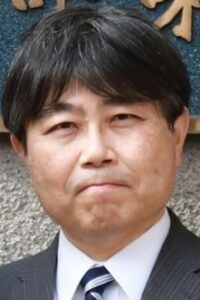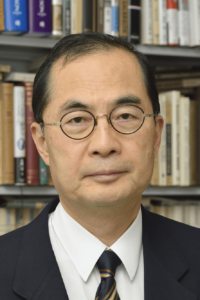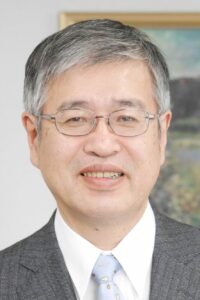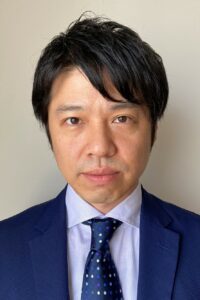
Shiratori Junichiro, Associate Professor, The Open University of Japan One of the characteristics of international politics in the 21st century is that the global interdependence of heterogenous states is becoming normalized. With the US-China conflict and the Russian invasion of Ukraine, there are indications of globalization coming to an end, but even if globalization were to stagnate, we still have to consider the current situation of this global interdependence of heterogenous states. EU countries and Japan are dependent on imported energy resources, and superpower Russia’s needs to export its natural resources to cover its war expenditures is a structural situation. Moreover, unlike oil, for which the global market is fairly organized, it is not easy to find new places for importing natural gas. Because of the Russian invasion of Ukraine, chaos in the energy markets is likely to persist for years. This ... ... [Read more]








